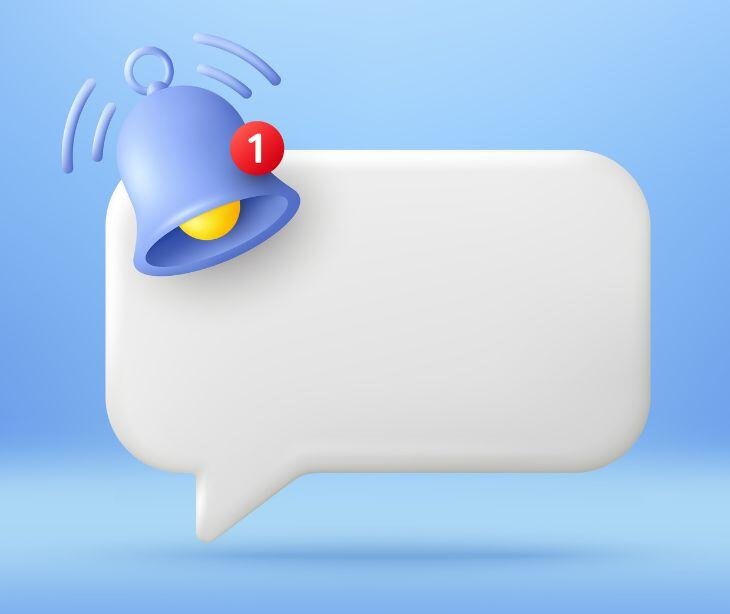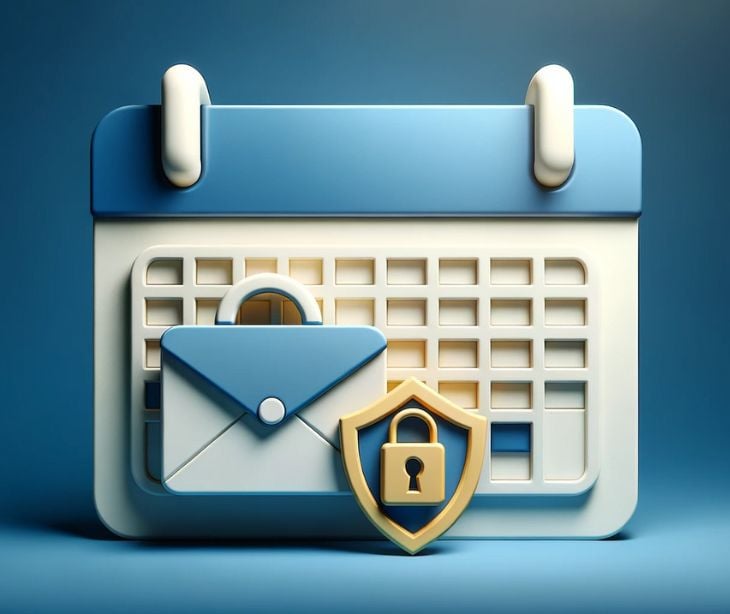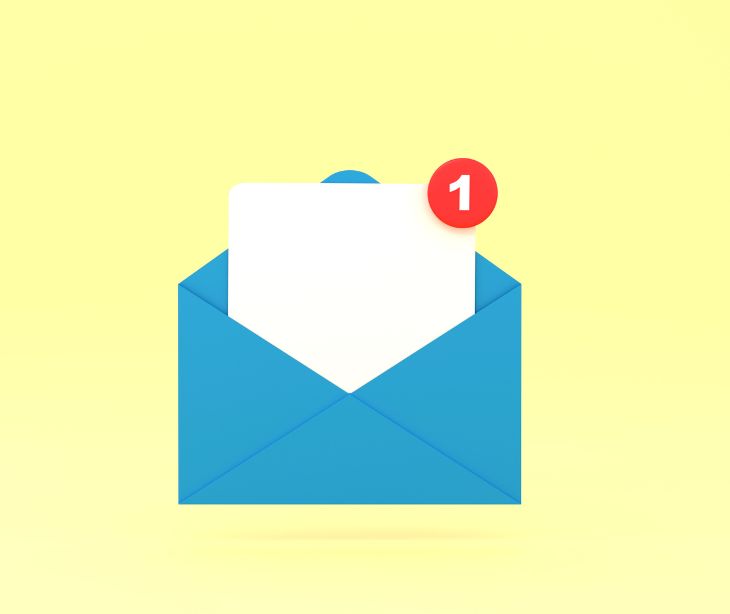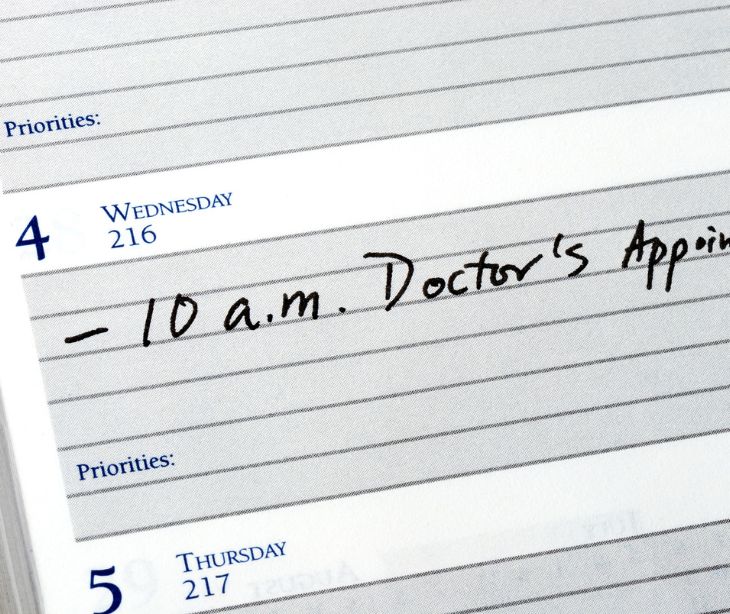3 min read
How appointment reminder emails benefit healthcare organizations
Kirsten Peremore
May 30, 2024

Appointment scheduling software has cornered the market with an expectation to grow by USD 633.47 million from 2021 to 2025. This growth provides insight into how necessary it is for secure practices when handling this form of communication. Considering the high likelihood that multiple forms of protected health information (PHI) will be present in an appointment reminder, healthcare organizations would be remiss in not making sure that they use HIPAA compliant email.
Understanding appointment reminder emails
According to a Journal of Health Economics study, “A major obstacle to efficient health care delivery is no shows; patients who fail to show up for scheduled appointments without cancelation in time to allow for rescheduling of their appointment slot.”
Appointment reminder emails mitigate this obstacle by making sure patients remember their upcoming medical appointments. These emails help reduce no show rates, making sure patients arrive on time and come prepared with the necessary documents, medications, or fasting requirements. For instance, a reminder email might instruct a patient to fast for 12 hours before a blood test or bring their insurance information to the visit.
But these emails do more than just remind patients. They can also enhance patient engagement by including educational content about the upcoming procedure or visit, which can reduce anxiety and make patients feel more informed and prepared. While especially beneficial in healthcare, appointment reminder emails are useful in any organization that relies on scheduled appointments.
The main contents
- Appointment date and time: Clear information about when the appointment is scheduled.
- Location: Address and any specific instructions for finding the office or clinic.
- Provider information: Name and title of the healthcare provider or specialist.
- Preparation instructions: Details about any required preparations, such as fasting or bringing specific documents.
- Contact information: Phone number or email to reach the office for questions or changes.
- Rescheduling/cancellation options: Links or instructions for rescheduling or canceling the appointment.
- Educational content: Information about the procedure or visit to help the patient prepare.
- Confirmation request: A prompt for the patient to confirm their attendance.
- Patient name: Personalized greeting addressing the patient by name.
How appointment reminder emails benefit healthcare organizations
- Patient coordination in multidisciplinary teams: For healthcare organizations that employ multidisciplinary teams, such as hospitals and specialized clinics, reminder emails can include detailed information on the roles and contact details of various specialists involved in a patient's care.
- Support for telehealth appointments: Reminder emails for telehealth appointments can include links to virtual meeting platforms, instructions for using the technology, and troubleshooting tips.
- Pre-visit administrative completion: Emails can prompt patients to complete necessary administrative tasks, such as filling out forms or providing insurance information, before arriving for their appointment. This reduces wait times and administrative workload on the day of the appointment.
- Customized instructions for pediatric care: Reminder emails for pediatric appointments can include specific instructions for parents, such as bringing vaccination records or preparing children for certain tests.
- Medication and allergy alerts: Emails can remind patients to bring a list of their current medications and any known allergies. Healthcare providers need to be informed to avoid potential medication interactions and provide safe, effective care.
- Chronic disease management: For patients with chronic conditions, reminder emails can include tips for managing their condition, upcoming appointments for routine checkups, and alerts for necessary tests. Consistent reminders help these patients adhere to their treatment plans.
- Post surgical follow up care: After surgeries, reminder emails can include care instructions, signs of potential complications, and appointment details for follow up visits. It makes sure that patients follow post operative care guidelines and attend necessary follow ups.
- Promotion of preventive health services: Reminder emails can inform patients about upcoming preventive health services, such as flu shots or annual physicals, and encourage them to schedule these appointments. Promoting preventive care helps catch health issues early.
- Behavioral health and therapy sessions: For mental health and therapy sessions, reminder emails can include motivational messages and tips for preparing for therapy. This supports patient engagement and continuity of care.
Why do appointment reminder emails have to be HIPAA compliant?
Appointment reminders often contain PHI, such as the patient's name, appointment details, medical instructions, and sometimes health related information. This type of email is the only solution for sending appointment reminders because it guarantees that sensitive patient information is encrypted and protected from unauthorized access.
Paubox’s proprietary Email Suite solution solves the problem of HIPAA compliant email communication in a secure and easy to use way. Paubox removes human error from the equation by encrypting every email by default. On the recipient’s side, no additional step is needed to read an email.
Users simply send and receive emails as usual. When a recipient’s email address does not support TLS encryption, Paubox software blocks the email from being delivered in plain text and instead moves the email to a secure web app, adding only one additional click for the recipient to view the email and ensuring HIPAA compliance.
Appointment reminders often contain PHI, such as the patient's name, appointment details, medical instructions, and sometimes health related information. This data requires HIPAA compliant email to be securely transmitted and accessed, preventing unauthorized access and ensuring patient confidentiality. Other secure email options might encrypt email, but they rarely compare.
See also: Top 12 HIPAA compliant email services
FAQs
What is a HIPAA compliant email?
A HIPAA compliant email ensures the secure transmission of PHI.
What form of TLS encryption is recommended?
TLS 1.2 or higher.
What is considered PHI?
PHI includes any information that can identify a patient, such as names, addresses, birthdates, medical records, and payment details.
Subscribe to Paubox Weekly
Every Friday we'll bring you the most important news from Paubox. Our aim is to make you smarter, faster.



